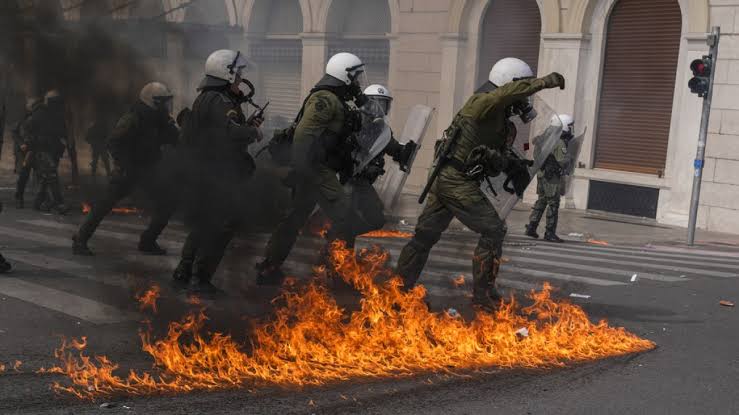On social media and at political rallies, Elon Musk has taken credit for leading the team that is cutting allegedly wasteful U.S. government spending, even waving a chain saw on stage at a conference.In court, it’s a different story.
During a hearing on Monday in a case trying to block access by the DOGE cost-cutting team to Treasury Department systems, a federal judge repeatedly pressed a government lawyer to clarify who is running things. “Where is Mr. Musk in all of this?” asked U.S. District Judge Colleen Kollar-Kotelly.
“I don’t have any information beyond close adviser to the president,” responded Bradley Humphreys, an attorney for the Department of Justice. “You can’t tell me what role he has?” the judge persisted.Kollar-Kotelly did not say if she would block DOGE and Musk from the Treasury Department information systems as requested.Questions about Musk’s role and the activities of the team, known as the Department of Government Efficiency, are at the heart of multiple lawsuits seeking to block them from accessing government systems and slashing programs.
MUSK’S ‘SPECIAL’ STATUS
The limited information provided during the court proceedings about who is instigating the cost-cutting measures and how those measures are being implemented has prompted certain judges to rule temporarily in favor of Musk and DOGE.
In order for plaintiffs to secure a temporary restraining order (TRO) to prevent Musk’s actions, they need to demonstrate that they would face imminent, irreparable damage without such an order, which is a significant legal hurdle to overcome.
During a recent hearing related to a case initiated by unions and Democratic state attorneys general, U.S. District Judge Tanya Chutkan in Washington noted that the opaqueness surrounding DOGE complicated the ability to prove it was likely to cause irreversible damage.
“I am uncertain if that is intentional or not, but I must acknowledge that it is challenging to discern what is forthcoming and to present a concrete harm,” Chutkan remarked at the hearing on February 17.
The states provided her with a wealth of media coverage concerning DOGE and Musk’s actions, including program closures, access to confidential information, budget cuts, and personnel layoffs.
“It’s an understatement to claim there is an abundance of media coverage on this,” stated Chutkan. “However, the judiciary cannot make decisions based solely on news reports.”
She rejected the request for a temporary restraining order to stop DOGE from obtaining sensitive information from seven agencies. The case will proceed, and the attorneys general will pursue evidence to support a more lasting injunction.
THE GOLDILOCKS AGENCY
In certain instances, despite expressing concerns about the lack of transparency regarding DOGE, judges have determined that there is enough evidence to halt its operations.
On Friday, U.S. District Judge Jeannette Vargas temporarily prohibited DOGE from utilizing Treasury systems that manage trillions of dollars in payments, as she discovered a significant risk that sensitive information could be revealed.
She was particularly alarmed that the government remained unaware of what information Marko Elez, a former software engineer at Musk’s companies who left DOGE on February 6, had accessed.
“Even now, weeks after he left, the Treasury Department is still examining his logs to ascertain exactly what he accessed and how he utilized his access,” Vargas stated in her ruling on Friday.
Government attorneys have even applied varying definitions for DOGE, which in one case worked to their advantage.
U.S. District Judge John Bates in Washington rejected a request from the unions for a temporary restraining order against Musk and DOGE.
In his ruling, Bates remarked that the Trump administration maintained that DOGE was an agency to adhere to a law known as the Economy Act, which permitted DOGE to assign its personnel to different government agencies.
See more: Rwanda sanctions will undermine push for Congo peace talks, proscribed minister says
However, Trump established DOGE as part of the Executive Office of the President, thus not categorizing it as an agency that falls under the Freedom of Information Act, also referred to as FOIA.
The judge characterized DOGE in whimsical terms: “A Goldilocks entity: not an agency when it is inconvenient but an agency when it is advantageous.”



